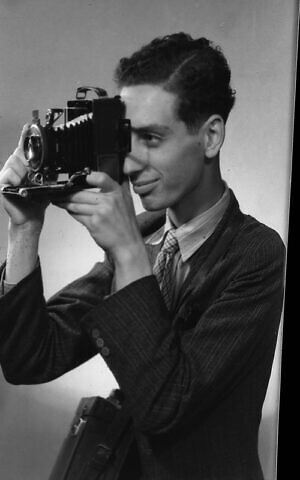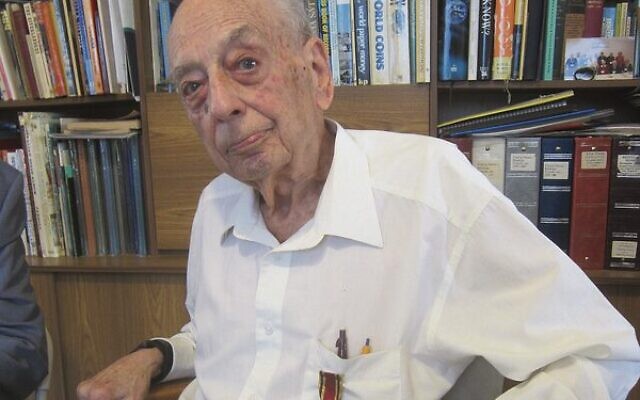Lens on wartime Shanghai
Horst Eisfelder is being remembered for his comprehensive photography in the ghetto, which has created a record for posterity.
HORST Eisfelder, a Holocaust survivor who sheltered in the Jewish ghetto in Shanghai during World War II, is being remembered for his comprehensive photography in the ghetto, which has created a record for posterity.
Born in Berlin in 1925, Horst, 97, who passed away in Melbourne last month, fled Nazi Germany, arriving in Shanghai with his parents in 1938.
In his eulogy, his son Rodney recounted, “A few days before his 13th birthday, the synagogues were burnt down in the Kristallnacht pogrom, but by then my father and his family were on a boat to Shanghai.”
Horst joined other so-called “stateless” Jews who were confined by Shanghai’s Japanese occupiers to a ghetto area in Shanghai’s Hongkou district in 1943.
In the laneways and streets of the Hongkou ghetto, the teenager practised his growing pastime of photography, capturing the look and feel of a European Jewish world created far from home by some 18,000 refugees. He wrote prolifically about what he saw there during the Japanese era and after the city was liberated by US forces at the end of the war. He also visited Nanking (now Nanjing).
Emigrating to Australia after the war, Horst became a longtime member of the Progressive shule now known as Etz Chayim.

Horst’s words and pictures appeared in his 2003 memoir, Chinese Exile: My Years In Shanghai and Nanking, published by Makor Jewish Community Library, now the Lamm Jewish Library of Australia.
Samples of his comprehensive photographic archive are featured in the Shanghai Jewish Refugees Museum, located in Hongkou.
In 2021, Horst’s contribution to preserving the memories of the war years was recognised by the German government. Surrounded by family members and guests – including Germany’s honorary consul-general in Melbourne, Michael Pearce – Germany’s then ambassador Dr Thomas Fitschen presented him with the country’s Order of Merit medal and a citation by Germany’s President Franz-Walter Steinmeier.
In response, Horst reflected that recording the Jewish sojourn in Shanghai in words and photography was “my hobby … I never expected to be honoured for it”.
Laid to rest in a funeral service conducted by Etz Chayim’s Rabbi Allison Conyer on May 15, Horst is survived by his wife Greta, and sons Rodney and Kevin and their families.


comments